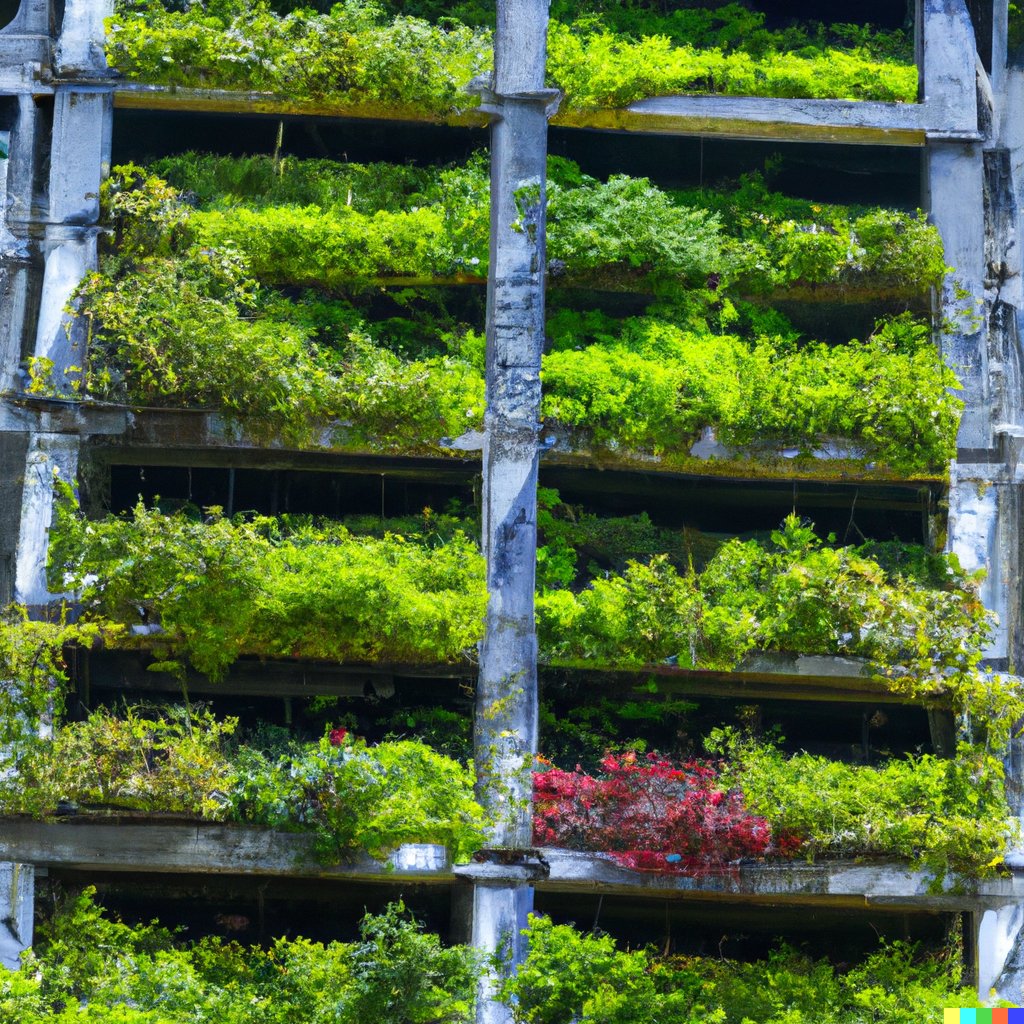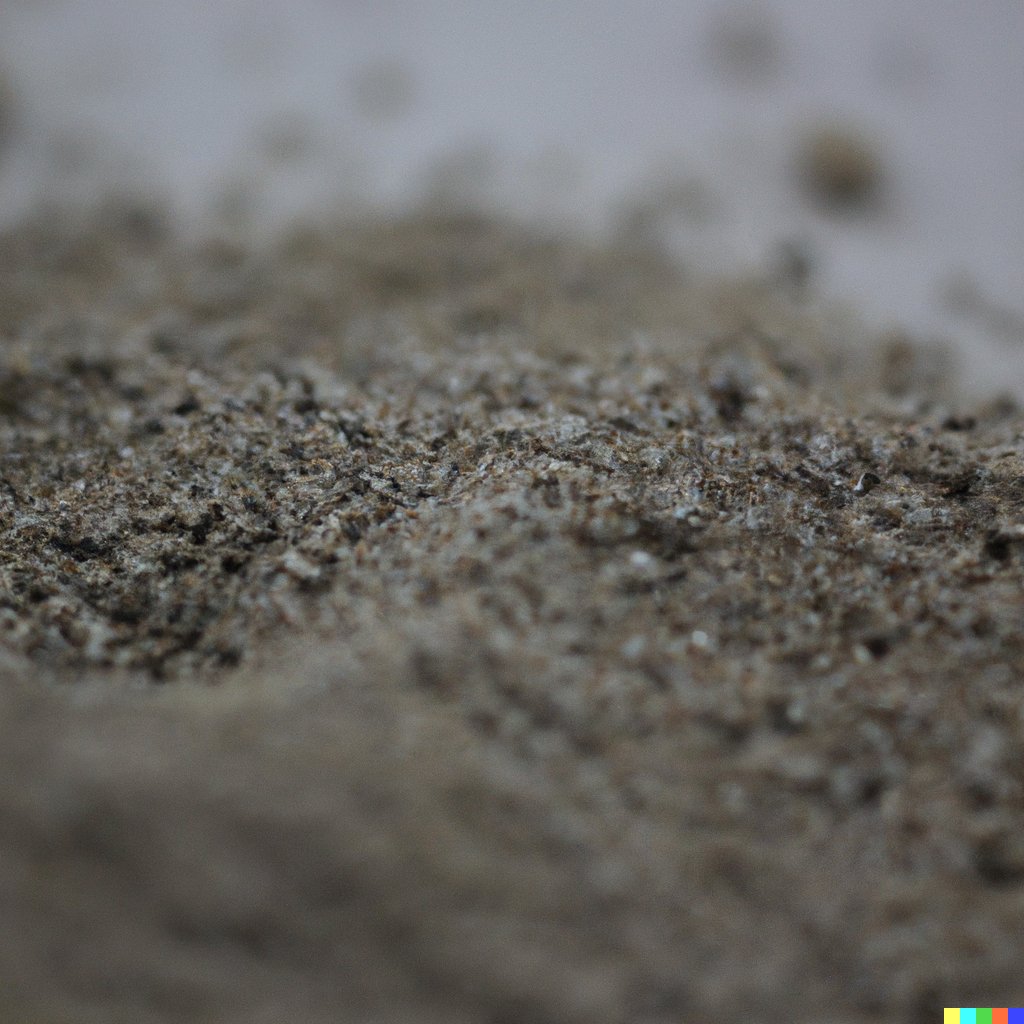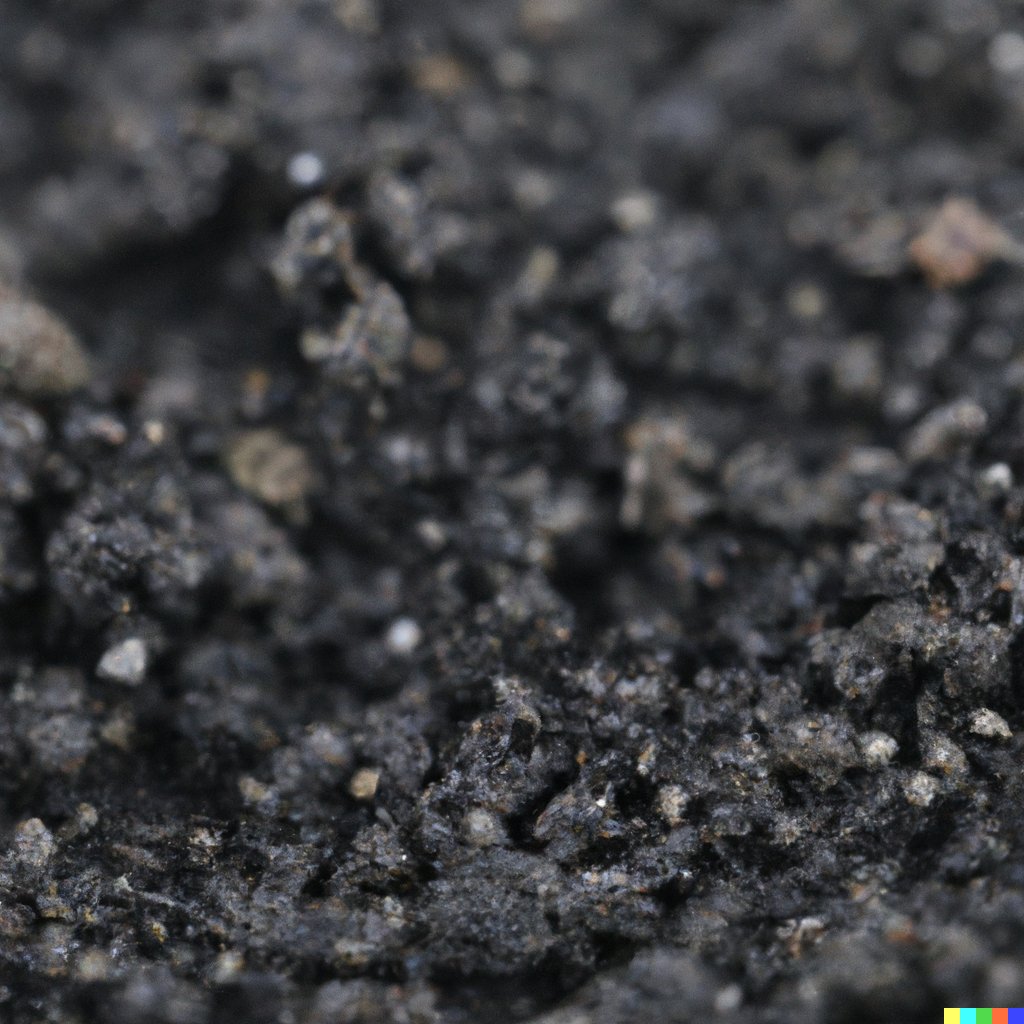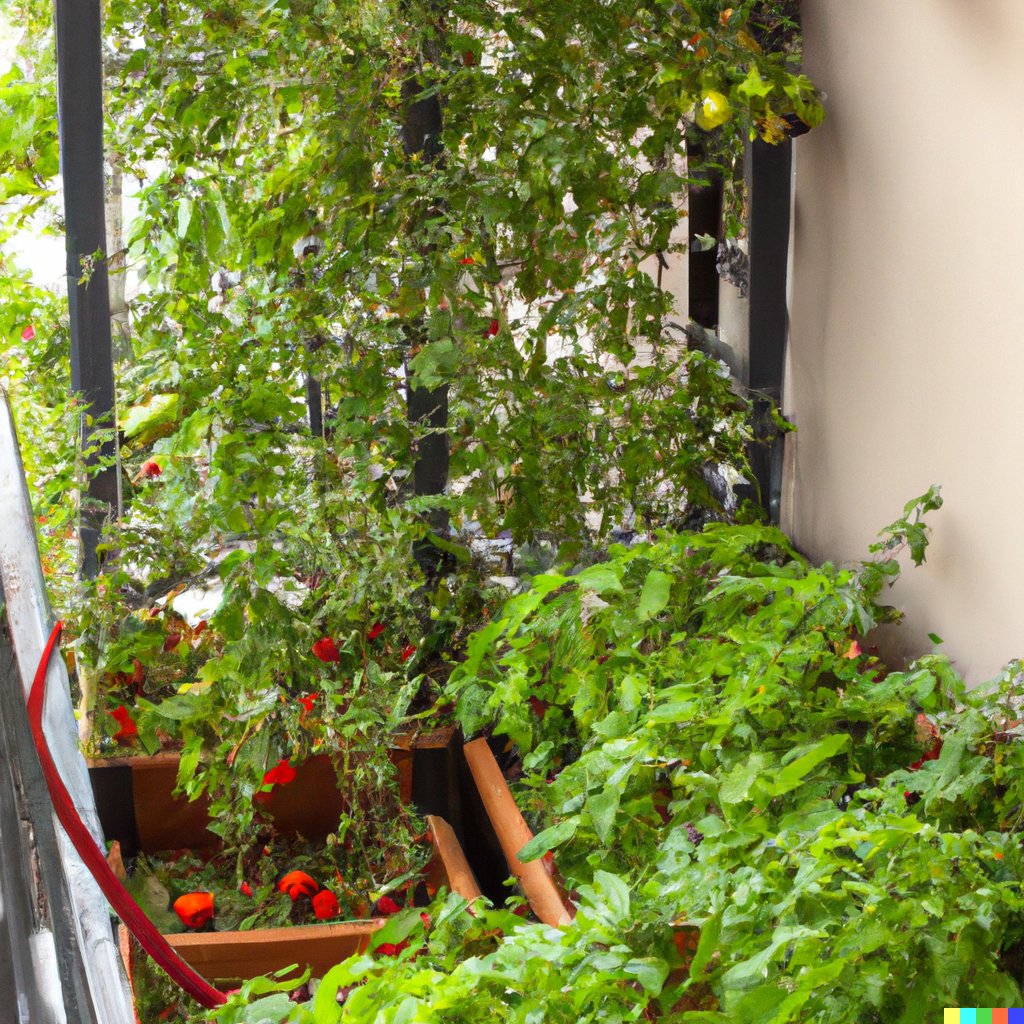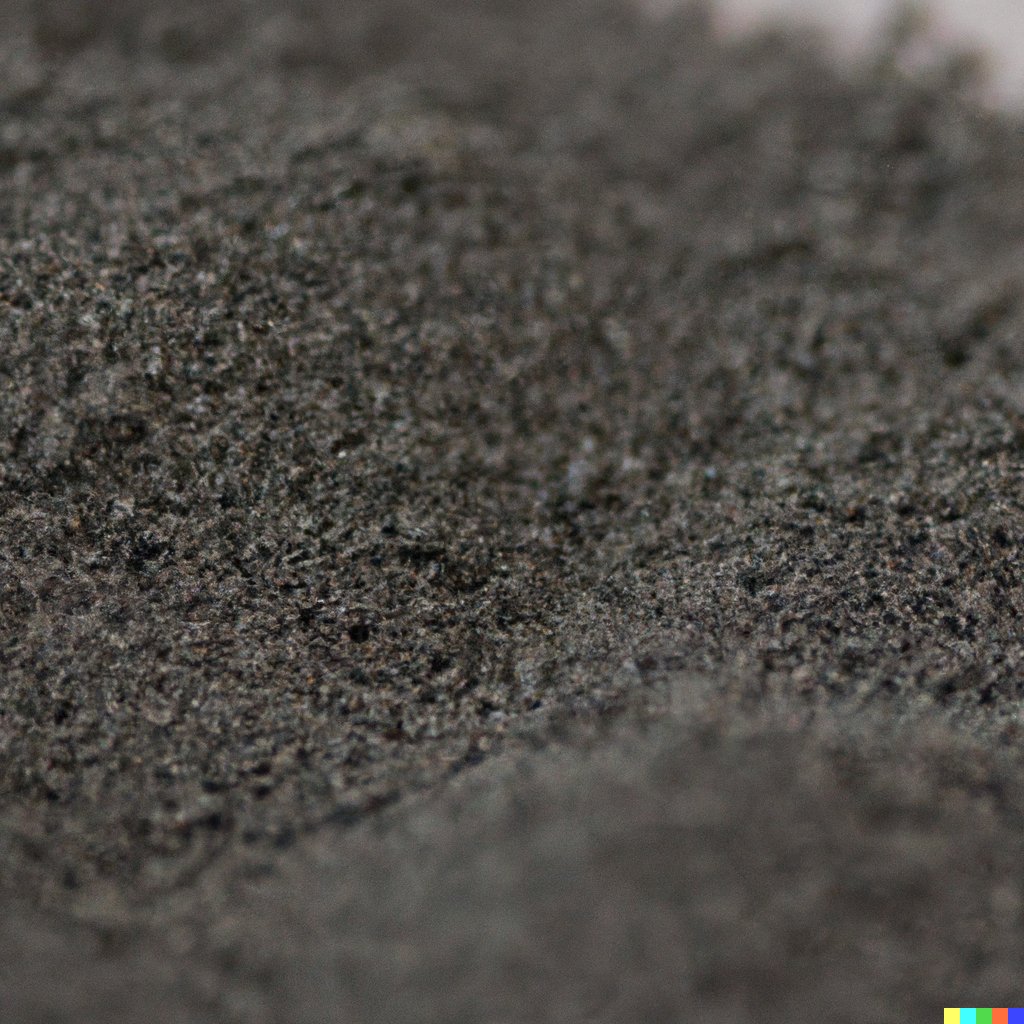
Rock dust is a sustainable solution to replenish the soil with missing essential minerals. Contrary to some fertilizers, rock dusts can't burn plant roots, ensuring safety even if over-applied. However, it's worth noting that excessive application doesn't offer additional benefits. The minerals from stonemeal are required in minute amounts, and there's a limit to their immediate utilization.
The Power of Rock Dust: A Sustainable Choice for a Healthier Future
In today's fast-paced world, the quest for sustainable solutions is more pressing than ever. Amidst the myriad of options, stonemeal emerges as a frontrunner. Not only does it promise a healthier environment, but it also ensures a brighter, greener future for our children. But what exactly is rock dust? And why is it gaining so much attention?
What is Rock Dust and Why is it Important?
The Essence of Rock Powder
At its core, stonemeal is a fine powder made from crushed rocks. It's not just any rock, but specific volcanic types rich in essential minerals and trace elements. Soil around volcanoes has always been the most fertile and these minerals are often the ones lacking in our modern agricultural soils.
A Gift from Nature: The Origins of Rock Dust
The earth, in its infinite wisdom, has provided us with everything we need. Rock dust is no exception. It's derived from volcanic eruptions, glacial retreats, and the natural erosion of mountains. Over millennia, these rocks break down, releasing their mineral bounty into the soil.
Rock Dust: The Environmental Saviour
Our planet is in distress. Deforestation, pollution, and industrial farming have stripped the soil of its life force – essential minerals. Here's where stonemeal plays its part. When added to the soil, it replenishes these lost minerals, revitalizing the earth and promoting healthier plant growth. But its benefits don't stop there. Healthier plants not only mean healthier people, but the quality of life will enhance drastically as the food we eat smells and tastes wonderful. A reduced need for packaging, transport and chemical fertilizers, leading to a cleaner, more sustainable environment. Additionally the knowledge of helping the environment and insects makes it even more enjoyable.
The Decline of Micronutrients and the Rise of Rock Dust
The Fading Essence of Our Food
It's no secret that the food we eat today isn't as nutritious, fragrant and tasteful as it once was. Over the decades, intensive farming practices especially the use of synthetic fertilizer and pesticides have depleted the soil of essential micronutrients, leading to crops that are less nutritious and healthy.
Rock Dust to the Rescue: A Treasure Trove of Trace Minerals
Packed with trace minerals like magnesium, calcium, potassium, iron, manganese, cobalt, zinc, and other minerals. it's the perfect solution to our nutrient-depleted soils. When added to the earth, these minerals are taken up by plants, leading to more nutritious crops and, by extension, healthier people.
Diving into the Types of Rock Dust: Basalt, Azomite, and Glacial
There are three primary rock dust sources: Glacial Rock Dust, Basalt Rock Dust, and Azomite. Each has its unique origin and benefits.
Basalt: The Volcanic Wonder
Originating from the solidification of molten lava, basalt rock powder is packed with a rich mineral composition. Its benefits are manifold, from enhancing soil fertility to promoting robust plant growth, making it a favorite among sustainable farming enthusiasts. It's considered environmentally friendly due to its origin from mining byproducts.
- Contains fewer mineral varieties than Glacial Rock Dust.
- Rich in calcium, magnesium, iron, manganese, silicon, cobalt, zinc, boron, and aluminum.
- Recommended application: 10 lbs per 100 sq. ft. of garden before planting and an additional 5 lbs mid-season.
Azomite: The Mineral-Rich Marvel
- Offers the broadest range of minerals.
- Abundant in magnesium, calcium, potassium, silicon, and approximately 70 trace minerals.
- Recommended application: 10 lbs per 100 sq. ft. of garden or 1 lb per 25 root feet.
Glacial Rock Dust: Nature's Slow-Made Solution
Originating from the movement of glaciers, Glacial Rock Dust is derived from a mix of rocks carried by these glaciers. As glaciers move and melt, they leave behind a field of assorted rocks known as moraines. This rock blend is the primary source of Glacial Rock Dust.
- Offers a complex blend of minerals.
- Rich in calcium, iron, magnesium, and potassium.
- Contains traces of manganese, cobalt, silicon, and more.
- Recommended application: 2 1/2 lbs per 100 sq. ft. of garden or 1 Tbsp per gallon of soil.
Choosing the Right Rock Dust for Your Soil
Choosing the right stonemeal for your soil involves understanding your soil's current composition, its deficiencies, and the specific needs of the plants you intend to grow. Here's a step-by-step guide to help you make an informed decision:
- Soil Testing:
- Begin with a comprehensive soil test. This will provide insights into the pH level, organic matter content, and the presence or absence of essential minerals.
- Many local agricultural extensions or gardening centers offer soil testing services. You can also purchase DIY soil testing kits.
- Identify Deficiencies:
- Based on the soil test results, identify which minerals your soil lacks. For instance, if your soil is deficient in calcium, magnesium, or potassium, you'll know to look for a rock dust that can replenish these minerals.
- Understand Rock Dust Types:
- Glacial Rock Dust: A blend of minerals from various rocks. It's particularly rich in calcium, iron, magnesium, and potassium. It also contains traces of other minerals.
- Basalt Rock Dust: Derived from volcanic rock and is a good source of calcium, magnesium, iron, manganese, silicon, and other minerals.
- Azomite: Contains the broadest range of minerals, including magnesium, calcium, potassium, silicon, and approximately 70 trace minerals.
- Match Rock Dust to Soil Needs:
- If your soil lacks a wide variety of minerals, Glacial Rock Dust might be a good choice.
- For soils deficient in volcanic rock minerals like calcium and magnesium, Basalt Rock Dust can be beneficial.
- If you're looking for a broad spectrum of trace minerals, Azomite would be the best fit.
- Consider Plant Requirements:
- Different plants have different mineral requirements. For instance, if you're growing tomatoes, they benefit from calcium to prevent blossom end rot. In such a case, a stonemeal rich in calcium would be ideal.
- Local Climate and Plant Types:
- Some rock powders may be more suitable for specific climates or plant types. It's essential to consider the local conditions and the plants you intend to grow.
- Environmental Considerations:
- If you're environmentally conscious, you might prefer Basalt Rock Dust since it's a byproduct of mining and is considered more eco-friendly.
- Consult Experts:
- Talk to local farmers, gardeners, or agricultural experts. They can provide insights based on their experience and the specific conditions of your region.
- Start Small:
- If you're unsure, start by applying a small amount of rock dust to a section of your garden and observe the results. This can give you a practical understanding of its effects on your soil and plants.
- Re-test and Adjust:
- After applying rock dust, it's a good idea to re-test your soil after a season to see how the mineral content has changed. Based on the results, you can adjust the type or amount of rock dust you use in the future.
Rock Dust and the Environment: A Sustainable Solution
How Rock Dust Enhances Soil Health
Rock dust, often overlooked, is nature's very own soil enhancer. When added to soil, it replenishes essential minerals, reducing the need for chemical fertilizers. This not only promotes healthier plant growth but also reduces the chemical load on our environment as plants have a natural defense system against pests that we strengthen with rock dust. For families concerned about the health of their children, using stonemeal ensures that the food grown is free from harmful chemicals. To enhance the effectiveness of rock dust, consider blending it with nutrient-rich organic matter like manure. This combination provides an acidified environment conducive for mineral solubilization.
Combating Climate Change with Rock Dust
Beyond its agricultural benefits, rock powder plays a pivotal role in combating climate change. It has the potential for carbon sequestration, capturing and storing atmospheric carbon dioxide. As the world grapples with rising temperatures and unpredictable weather patterns, the ability of stonemeal to sequester carbon offers a glimmer of hope. By integrating rock dust into agricultural practices, we can take a step towards a more sustainable and climate-resilient future.
The Essential Role of Rock Dust in Worm Composting
The Necessity of Rock Dust in Worm Composting
Worm composting, or vermicomposting, is a natural process that transforms organic waste into nutrient-rich compost. But did you know that rock powder is a crucial component in this process? By adding rock dust to worm bins, it provides essential minerals that worms need for their metabolic processes. The result? Enriched worm compost that's packed with nutrients.
Enriched Worm Compost: A Boon for Plants and Soil
The benefits of worm compost enriched with rock dust are manifold. Plants grown in this compost are healthier, more robust, and more resistant to diseases. Moreover, this enriched compost enhances soil structure, promotes beneficial microbial activity, and ensures sustained nutrient release. For those passionate about organic gardening and sustainable agriculture, worm composting with stonemeal is a game-changer.
Addressing Acidifying Soils with Rock Dust
The Growing Concern of Soil Acidification
Soil acidification is a pressing agricultural challenge. As soils become more acidic, they lose their ability to support healthy plant growth. This not only impacts crop yields but also affects the nutritional quality of the food produced. With the global population on the rise, addressing soil acidification is paramount for food security.
Rock Dust: A Natural Solution for Balancing Soil pH
Enter rock powder. This natural mineral powerhouse can neutralize acidic soils, bringing them back to a balanced pH level. By doing so, it revives the soil's fertility, ensuring that plants have access to the nutrients they need. For farmers and gardeners battling acidic soils, rock dust offers an effective, sustainable, and eco-friendly solution.
This not only leads to a healthier population but also reduces the strain on healthcare systems and the environment.
Protecting Our Children's Health with Rock Dust
Direct Health Benefits of Rock powder in Agriculture
Rock powder, a natural mineral additive, has been shown to significantly enhance the nutrient content of soils. When soils are enriched with rock dust, the crops grown are more nutritious, containing higher levels of essential minerals and vitamins. For families, this means the food on their table is not only more flavorful but also packed with the nutrients essential for the growth and development of their children.
Healthier Soils, Healthier Foods, Healthier Children
The connection between soil health, food quality, and human health is undeniable. Healthier soils produce crops that are more resistant to pests and diseases, reducing the need for chemical pesticides. This results in cleaner, chemical-free produce. For children, consuming such high-quality foods ensures they receive the nutrition they need, safeguarding them against malnutrition and related health issues.
Lazy Sustainability: Making the Right Choice Effortlessly
Embracing the Concept of "Lazy Sustainability"
Lazy sustainability is all about making eco-friendly choices without going out of your way. It's about integrating sustainable practices into our daily lives effortlessly. Rock dust embodies this principle. By simply adding stonemeal to our gardens or farms, we're taking a step towards sustainable agriculture, improving soil health, and combating climate change, all without any significant changes to our routine.
Rock Powder and the Principles of Lazy Sustainability
Choosing rock powder is a testament to the power of lazy sustainability. It's a simple, one-time addition to the soil that offers long-lasting benefits. Not only does it enhance soil fertility, but it also reduces the need for chemical fertilizers and pesticides, promoting a more eco-friendly approach to agriculture.
Rock Dust as livestock feed mineral supplement
Benefits of using rock dust in livestock feed for all vertebrates: Rock dust, also known as stone meal or stonemeal, is often used as a soil additive in agriculture. When added to livestock feed, the potential benefits for vertebrates include:
- Mineral Supplementation: Rock dust provides a wide range of trace minerals that might be deficient in the regular feed. These minerals are essential for various physiological processes.
- Improved Digestion: Some believe that rock dust can aid in digestion and help in the efficient assimilation of nutrients.
- Bone and Hoof Health: Minerals from rock dust, like calcium and phosphorus, can contribute to stronger bones and hoofs.
- Detoxification: Certain minerals in rock dust may help in detoxifying the body and removing heavy metals.
- Enhanced Immune System: Proper mineral balance can boost the immune response and overall health.
- Improved Growth and Production: Some farmers have reported better growth rates and production (like milk yield) when rock dust is included in the feed.
- Reduced Cancer and increased fertility have also been observed as a result of rock dust addition.
Water is saved in plant and animal cells as structured water (H3O2-) and is alkaline. Tumors and cancer, on the other hand, have many pockets of high acidity with low oxygen available. The minerals in rock dust have an alkaline effect on the body and neutralize these acid pockets to restore healthy conditions.
All vertebrates use (HCl) as stomach acid and should include human consumption, but ask your doctor or any nutritionist for advice before you consume any.
Just for you to know, I do eat rock dust as a mineral supplement and I feel a lot of sore muscles and muscle tensions are gone. Also, the mucus is not so tough, and I can breathe better.
The Bigger Picture: Rock Dust and Global Sustainability
Global Environmental Benefits of Rock Dust
Rock powder isn't just about enhancing your backyard garden; it's about transforming the world. When applied on a large scale, stonemeal can rejuvenate depleted soils, leading to increased agricultural yields. This means less deforestation, reduced carbon emissions, and a significant step towards combating climate change. Imagine a world where our food sources are abundant, and our carbon footprint is minimized – that's the power of rock dust.
Advocating for Sustainable Agricultural Practices
But the change doesn't stop at just using rock powder. It's about creating a ripple effect. By advocating for sustainable agricultural practices in our communities, we can influence policymakers, farmers, and even our neighbors. The more people adopt and understand the benefits of rock dust, the closer we get to a sustainable future.
Frequently Asked Questions about Rock Dust
frequently asked questions (FAQ) about rock dust:
- What is rock dust?
- Rock powder, also known as rock powder or stonemeal, is a finely ground rock material that is used to improve soil fertility. It is a natural source of minerals and trace elements that plants need to thrive.
- How does rock dust work?
- When added to soil, stonemeal releases its minerals slowly over time. These minerals are taken up by plants, enhancing their growth and health. The slow release ensures that plants get a steady supply of essential nutrients.
- Why use stonemeal in gardening?
- Rock powder can replenish soils that have been depleted of minerals due to erosion, farming, or other factors. It can improve soil structure, increase water retention, and enhance microbial activity.
- How do I apply rock powder to my garden?
- Rock dust can be sprinkled on the soil surface and then watered in. It can also be mixed into the soil or compost. The amount to use varies depending on the specific product and the needs of your soil.
- Is stonemeal safe for all plants?
- Yes, stonemeal is generally safe for all plants. However, it's always a good idea to start with a small application to see how your plants respond.
- Can rock dust be used in container gardening?
- Absolutely! Rock dust can be mixed into potting soil for container plants to provide them with essential minerals.
- Where can I buy rock dust?
- Rock dust is available at many garden centers, nurseries, and online retailers. It's also possible to find local sources of stonemeal, such as quarries.
- Are there different types of rock dust?
- Yes, there are various types of rock dust, including basalt, granite, and glacial rock dust. Each type has a unique mineral composition.
- Is rock dust expensive?
- The cost of stonemeal varies depending on the type and source. However, it is generally an affordable way to improve soil health.
- Can I make my own rock dust?
- While it's possible to grind rocks to create your own stonemeal, it's usually more practical to purchase commercially available products.
13. Conclusion: Making a Difference One Garden at a Time
The Importance of Rock Powder in Today's World
As we stand at the crossroads of environmental challenges, choices like using rock powder can steer us in the right direction. It's not just about healthier plants; it's about a healthier planet. By rejuvenating our soils, we're laying the foundation for a sustainable and prosperous future.
A Call to Action: Be the Change
Every garden enriched with rock powder is a step towards a greener earth. But the journey doesn't end there. Share your knowledge, advocate for sustainable practices, and inspire others. Together, we can create a world where our children thrive, and nature flourishes.









